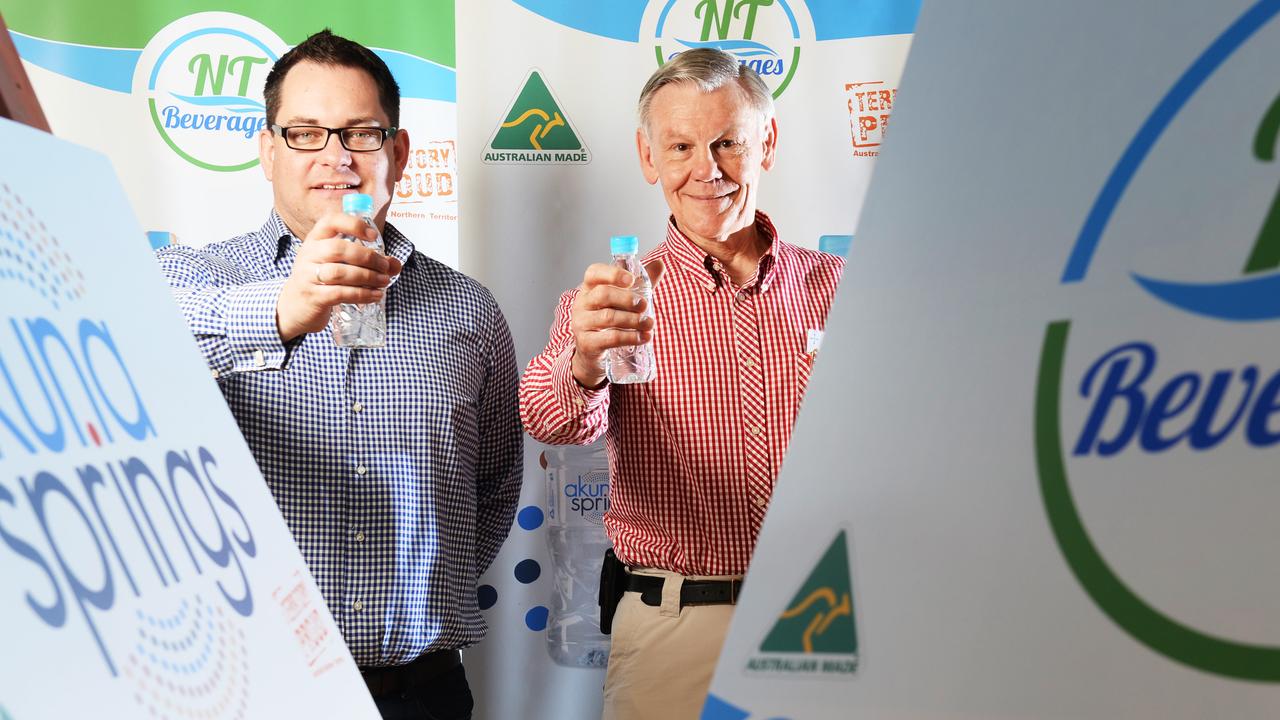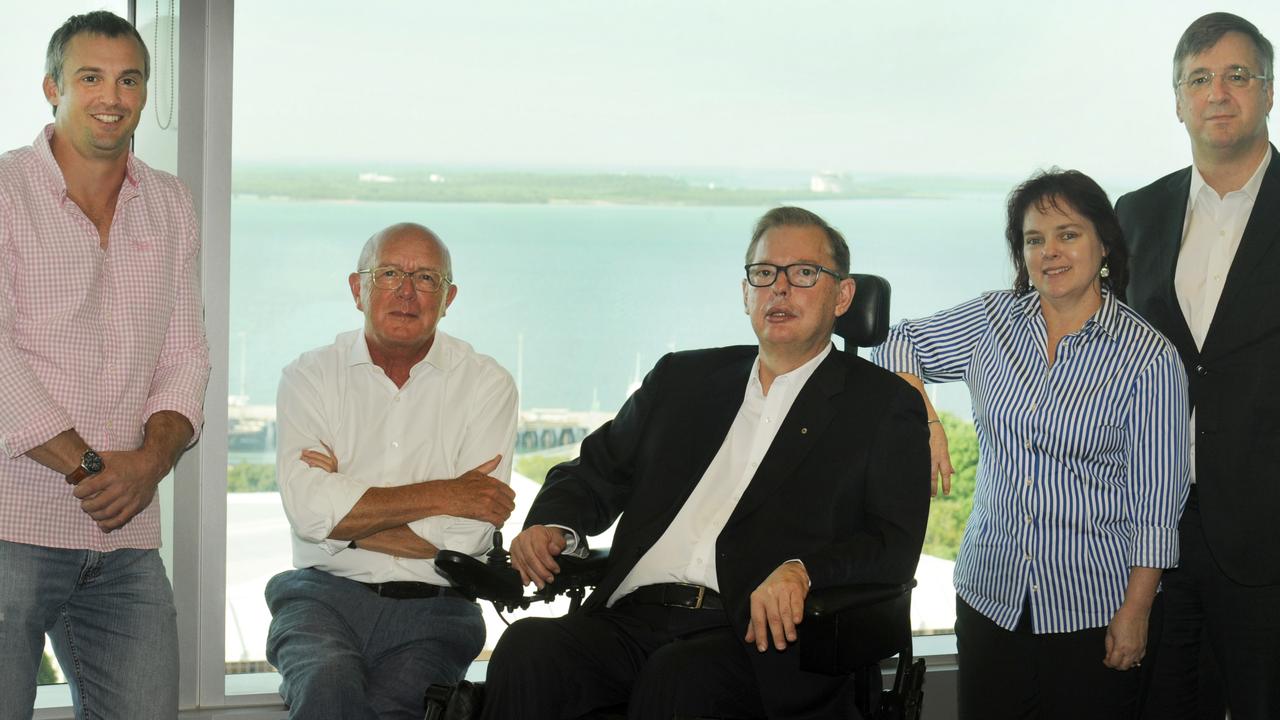ICAC tables investigation into $200m Northern Territory Infrastructure Development Fund
The NT corruption watchdog has called on the Chief Minister to investigate a botched $200m investment fund.

The Territory’s corruption watchdog has released a report into a failed infrastructure investment scheme which poured $14m down the gurgler.
The Independent Commissioner Against Corruption’s scathing report into the Northern Territory Infrastructure Development Fund was released on Wednesday, giving the government a stern warning against similar “arm’s length” investment bodies.
Commissioner Michael Riches said the NTIDF was initially touted as a “long-term strategic infrastructure initiative”, and a way to reinvest $200m in profits following the sale of the Territory Insurance Office.
The former Giles CLP government said NTIDF would become a “financial cornerstone” of a $1bn investment pool of Australian and overseas shareholders — with “no risk to Territory taxpayers”.
The $800m in private investment never occurred, with the scheme’s one and only venture under investigation by the ICAC.

“The NTIDF operated for approximately two years. During that period it made only one
investment: NT Beverages,” Mr Riches said.
He said the Darwin bottled water company — the makers of Akuna Springs and Akuna Blue water products — was initially given $9.2m, with an $850,000 top-up five months later.
“Notwithstanding those investments, NT Beverages went into administration … The NTIDF was wound up shortly thereafter.”
Mr Riches said only around 20 per cent — $2m of public money — was ever recovered.
A March Auditor General’s report also investigating the NTIDF said the entire three-year scheme cost taxpayers $13.7m.

Mr Riches said when he took over the Commissioner’s role he reopened the NTIDF investigation, specifically focusing on the conduct of investment managers who made recommendations to the board — Infrastructure Capital Group.
However, he was forced to close the investigation after “it became doubtful that ICG was a public body within the meaning of the ICAC Act”.
Mr Riches said only a public officer or public body could be investigated for “unsatisfactory conduct” but as a Sydney-based infrastructure fund management firm, ICG was outside his powers.
“Given the particular manner in which the scheme was established, ICG was unlikely to be a public body, because it neither received public funds nor did it perform a function on behalf of the Northern Territory,” he said.

Mr Riches said there appeared to be little oversight or accountability mechanisms — with only one government employee on the NTIDF board.
“It appears that the scheme was established to operate largely at arm’s length from the government,” he said.
The Auditor-General’s report also found there was no evidence of a formal system “to measure and assess the performance of the NTIDF against the Territory’s objectives”.
Mr Riches made two recommendations to the government following the closure of his investigation; to “carefully consider” future similar investment bodies and to expand his powers to investigate similar privately-run, publicly-funded investment pools.
“If a scheme, such as the NTIDF, were established again, and the Government wished to ensure that those involved in the scheme fell within my jurisdiction, absolute clarity could be given by making the appropriate regulation,” he said.
Mr Riches said given that the NTIDF was no longer operational, jurisdictional limits, and “my own significant resource constraints”, he was forced to close the investigation.
“I remain concerned about the manner in which the investment in NT Beverages occurred,” he said.
“It may be that the Chief Minister considers further inquiry by another entity is warranted, but that is a matter for the Chief Minister.”





